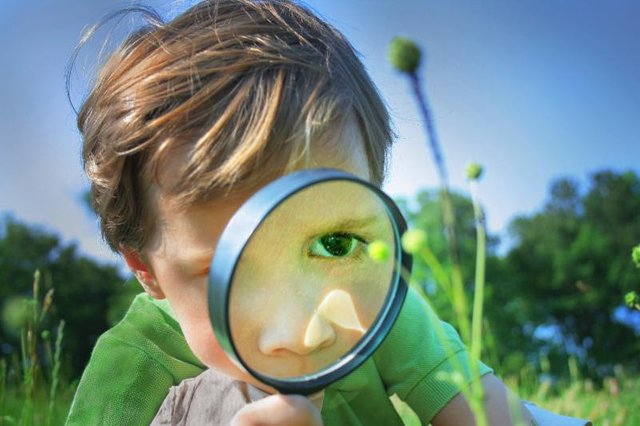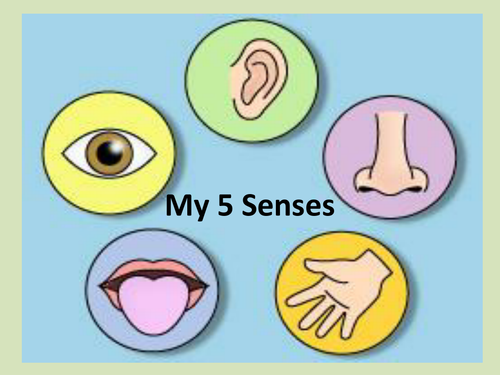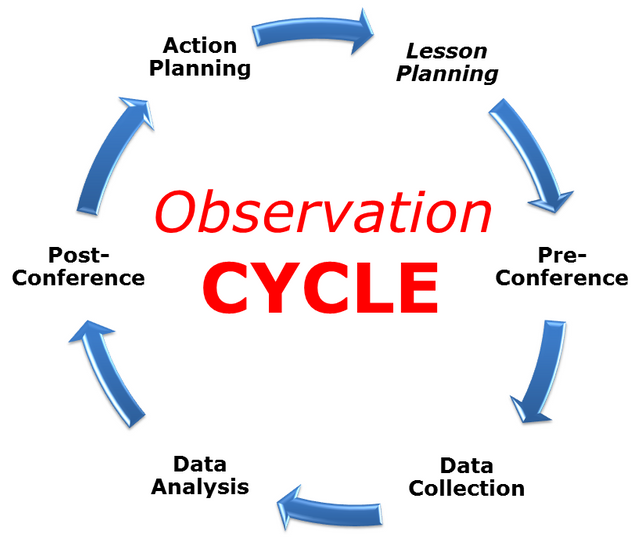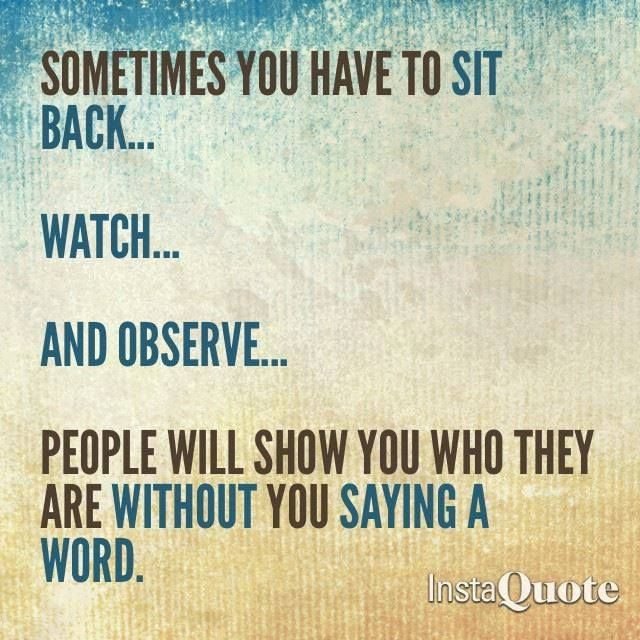Prepared Mind Can Be Also Be Achieve By Being Observant
Prepared Mind Can Be Also Be Achieve By Being Observant

Image Source
Clear and sound thinking often depends on nuances that are uncovered just by close observation, by attentive seeing and hearing. In the event that there are holes in our seeing and hearing, at that point the discernments on which we base our judgments are less likely to be complete and exact. The quicker our observation, the less likely we will be to resolve to generalizations, distortions, and unjustifiable assumptions.
What individuals say and the way they say it can be important signs to their implicit views and attitudes. Seeing these things can enable us to choose which areas are delicate for individuals, which areas their understanding appears to be weak in, and what approaches would be most productive in communicating with them. When they are listening, individuals give certain signals to show approval or disapproval of what is being said.
An intermittent gesturing of the head, an empowering smile, all signal "I'm in agreement with you." A slight shaking of the head, a raising of the eyebrows, a pursing of the lips as the eyes roll upward, or a frown all recommend at any rate incomplete disagreement. Also, individuals who are exhausted with a dialog will usually betray their weariness regardless of the possibility that they are doing whatever it takes not to. The way they look at their watches, moan resignedly, turn their attention to somebody or something outside the normal focus, apprehensively squirm with an article of their clothing, or every now and again shift position imparts their desire to change the subject or their friends.
An incredible deal can be told from even a simple trade of greetings by two individuals passing each other. Just the tone in which the greeting is communicated can recommend whether the general population like and regard each other and whether they think of each as different equals. Maybe a couple of these responses, however inconspicuous, are missed by observant individuals. What's more, as may be self-evident, beside its advantages to thinking, watchful attention is an extraordinary guide in making individuals more delicate to and astute of others.

Image Source
A student in a writing class raises his hand and inquires as to whether he can obtain a pen. The teacher gives him a searching look, gradually ventures into her pocket and concentrates a pen, strolls in a labored step to the student's desk, and offered it to him. No words have been talked. No conspicuous motions have signaled the educator's displeasure. In any case, if the student is observant, he will have seen the displeasure in the look and the resigned "What's the use?" stride.
Good detectives are observant. They realize that one small, barely noticeable intimation can mean the distinction between a solved and an unsolved case. Essentially, good trial lawyers are studious observers of individuals. The apprehensive look of a witness when a specific part of the case is said can propose the most profitable line of addressing. We can direct our critical thinking all the more viably on the off chance that we observe other individuals' behavior deliberately.
Applying Observation
Countless cases of the advantages of close observation could be refered to in each field of study and work. Physicist Richard Feynman, for instance, had exceptional interest, a "puzzle drive." From early youth he was entranced with all sorts of puzzles from math problems to Mayan hieroglyphics, and when he came up short on prepared ones, he developed his own. He observed paramecia through his microscope and scholarly things that repudiated the predominant intelligence. He laid out food trails for ants and afterward considered their behavior.
While sitting in the Cornell University cafeteria, Feynman saw a student hurling a plate in the air, the plate wobbled, and the red Cornell medallion on it pivoted. Yet, one specific detail charmed him, the medallion on the plate was turning fundamentally quicker than the plate was wobbling. Why the distinction? he pondered. Entranced, he wrestled with the issue, developed an equation that communicated the relationship of rotation, angle, and wobble, and worked out the motion of the mass particles.
When he enlightened a partner regarding his discoveries, the partner dismissed them as insignificant. In any case, Feynman investigated the wobble phenomenon all the more deeply, and what had started as a fun loving exercise in interest eventually won him the Nobel Prize for physics.
Being observant might not have the dramatic outcomes it did with different people. Nevertheless, it can enable us to relate all the more genuinely to individuals and take in more about the things around us. Most essential, it can help our critical thinking.

Image Source
How To Be Observant?
The way to be observant is to use all five of your senses to shield your mind from meandering aimlessly. Time and again, individuals are unobservant because they are excessively invested in themselves, their own contemplations and sentiments. When they talk, they are so bustling shaping their words and getting a charge out of the sound of their own voice that they overlook their listeners. Observant individuals, have figured out how to get outside themselves, to be continually in contact with what is happening around them.
A good way to begin winding up more observant is to practice accepting sense impressions all the more attentively. At the following meeting of an association you belong to or some other social event, attempt to see things you would normally miss, objects in the room, the plan of the furniture, the positions of the general population in connection to each other, the inconspicuous responses of individuals amid the discourse.
How To Reflect On Observations?
Observation will sometimes, without anyone else's input, bring important bits of knowledge. Yet, you can build the number and nature of your bits of knowledge by building up the propensity for reflecting on your observations. The most ideal way to do this is to set aside a unique time each day,early in the morning, maybe, or late at night. It require not be long, ten or fifteen minutes might be sufficient. Yet, make certain you are free of diversions.
Review what you have seen and heard from the past 24 hours. Ask yourself what they mean, how they relate to other vital matters, and how you can use them to enhance yourself or to goad accomplishment.

Image Source

References:
https://www.wikihow.com/Be-Observant
https://www.psychologytoday.com/blog/spycatcher/201201/becoming-great-observer
https://www.himama.com/blog/importance-of-observation-in-early-childhood-education
A Guide To Critical Thinking, Vincent Ryan Ruggiero
http://www.healthguidance.org/entry/16002/1/Becoming-More-Observant.html
I agree with you
Every successful stories start from being the observant. Every successful man starts from the beginning through LEARNING as much as OBSERVING :)
You got it right. Thanks for the comment.